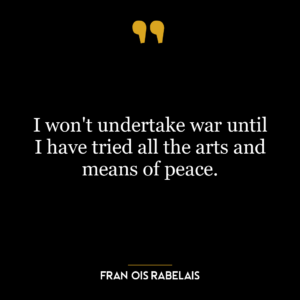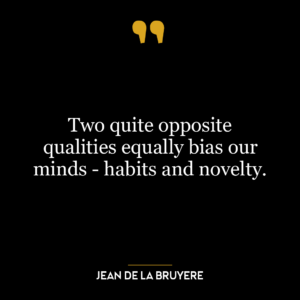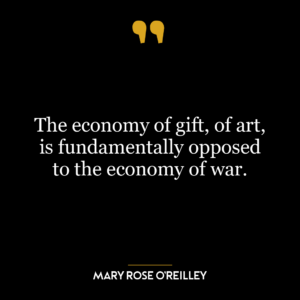This quote suggests that the act of killing in war is morally equivalent to committing an ordinary murder. The speaker is challenging the common distinction between murder in a civil context, which is considered a crime, and killing in a military context, which is often seen as a duty or even a heroic act. The speaker implies that both acts involve intentionally ending a human life, and thus, they are equally wrong.
The speaker’s perspective can be seen as a critique of just war theory, which argues that war can be morally justifiable under certain conditions. According to this theory, killing in a just war is not murder but a regrettable necessity in the pursuit of justice or self-defense. However, the speaker suggests that the act of killing is inherently wrong, regardless of the circumstances or the motives behind it.
This idea can be applied in today’s world in discussions about war and peace, military ethics, and international law. For instance, it can be used to argue against wars of aggression, targeted killings, or the use of certain weapons that cause disproportionate harm to civilians. It can also be used to advocate for peaceful conflict resolution, disarmament, and respect for human rights.
In terms of personal development, this idea can inspire individuals to question their own beliefs and values, especially those that are taken for granted or seen as common sense. It can encourage critical thinking, moral reflection, and empathy towards others. Furthermore, it can motivate individuals to take action for peace and justice, such as by supporting nonviolent movements, protesting against wars, or working for organizations that help war victims.














